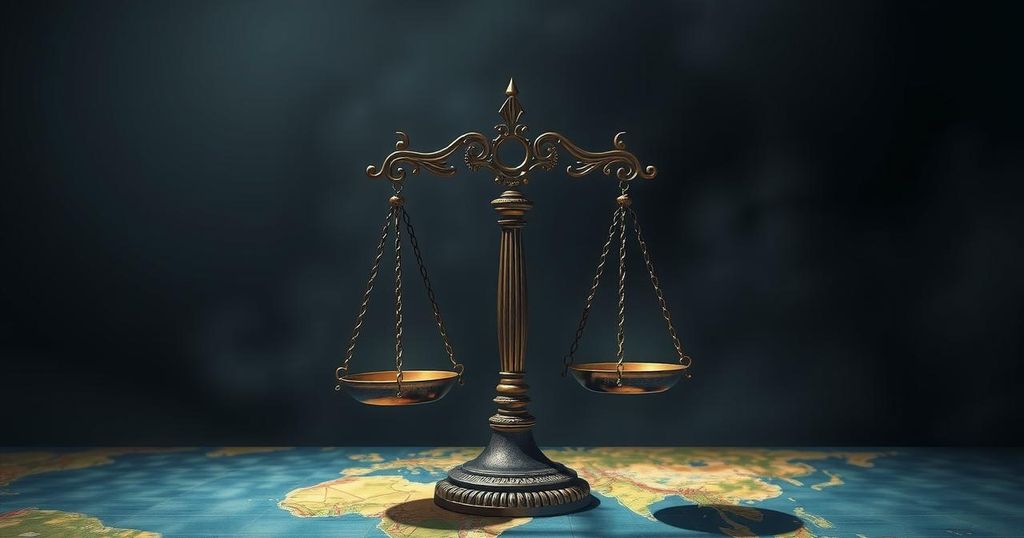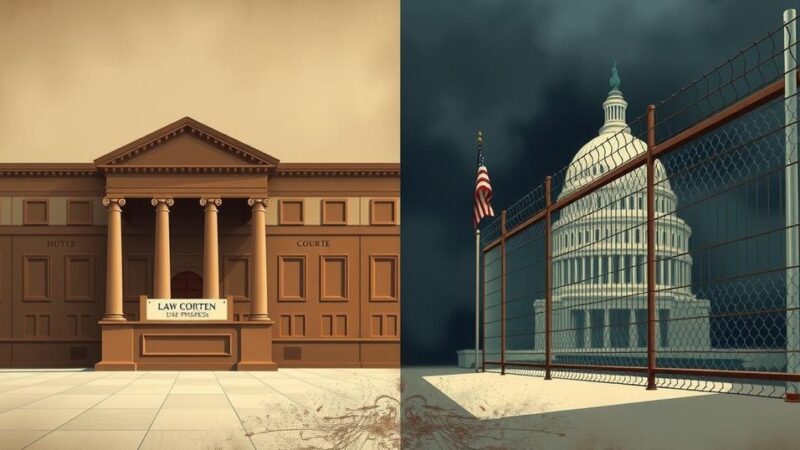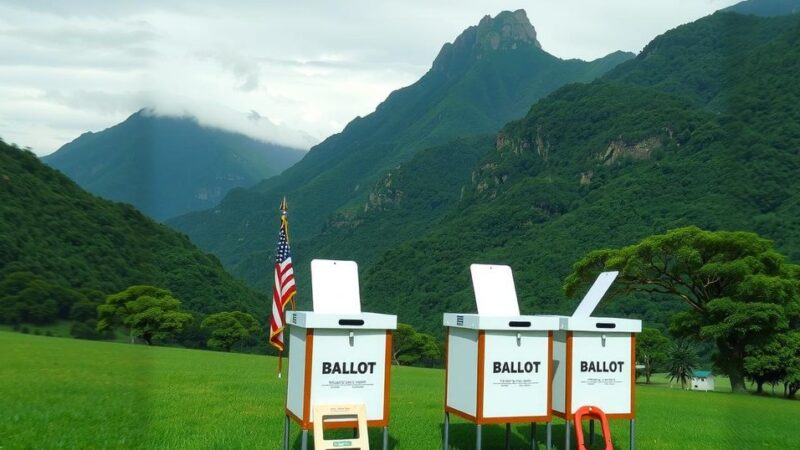President Embaló’s dissolution of parliament in Guinea-Bissau has led to political turmoil, with opposition outcry and threats of protests. Disputes over the term’s end date and his wavering intention to seek re-election add to the uncertainty. ECOWAS’s inability to mediate the crisis brings into question its authority, with implications for future regional interventions.
In December 2019, President Umaro Mokhtar Sissoco Embaló was elected, gaining a five-year mandate for re-election in 2025. However, he dissolved parliament in December 2023 without scheduling new elections, leading opposition parties to accuse him of undermining constitutional norms and aiming to consolidate his power. They threatened mass protests and civil disobedience unless a new election date was established.
A significant conflict arose regarding the official end date of President Embaló’s term; while opposition groups argued it ends on February 27, 2025, the Supreme Court controversially extended it to September 4, 2025, which the opposition vehemently rejected. In September 2024, despite initially stating he would not seek a second term, Embaló indicated he might reconsider after family discussions, adding to the political uncertainty in Guinea-Bissau.
On March 3, 2025, a high-ranking ECOWAS delegation attempted to mediate the political standoff but was expelled by President Embaló, who insisted ECOWAS refrain from interfering in the nation’s internal affairs. This hostile reception highlighted the deteriorating relations between Embaló and regional powers, as he later confirmed his intention to seek re-election in November, favoring French involvement over regional intervention.
ECOWAS’s inaction has raised serious concerns regarding its ability to exert influence and maintain stability in the region, especially when compared to its proactive measures during The Gambia’s 2017 crisis and the events in Niger. The effectiveness of ECOWAS’ authority in Guinea-Bissau sets a crucial precedent for future interventions and underscores the necessity of defining boundaries concerning internal affairs.
President Embaló’s tenure, previously marked by leadership in ECOWAS, now exemplifies a troubling descent into political chaos that threatens the nation’s stability, even in the face of potential military intervention. It remains to be seen whether Embaló has aligned with French interests or relied on his rapport with President Macron to sustain his position amid the crisis, warranting a prudent examination of international support in such circumstances.
President Umaro Mokhtar Sissoco Embaló’s controversial actions, including the dissolution of parliament and dismissal of ECOWAS mediation, reflect a significant power struggle in Guinea-Bissau. The opposition’s resistance and the contrasting stance of ECOWAS indicate a critical moment for regional governance. The eventual responses from regional bodies will determine both the immediate political future of Guinea-Bissau and the broader credibility of ECOWAS in West Africa.
Original Source: thepoint.gm






